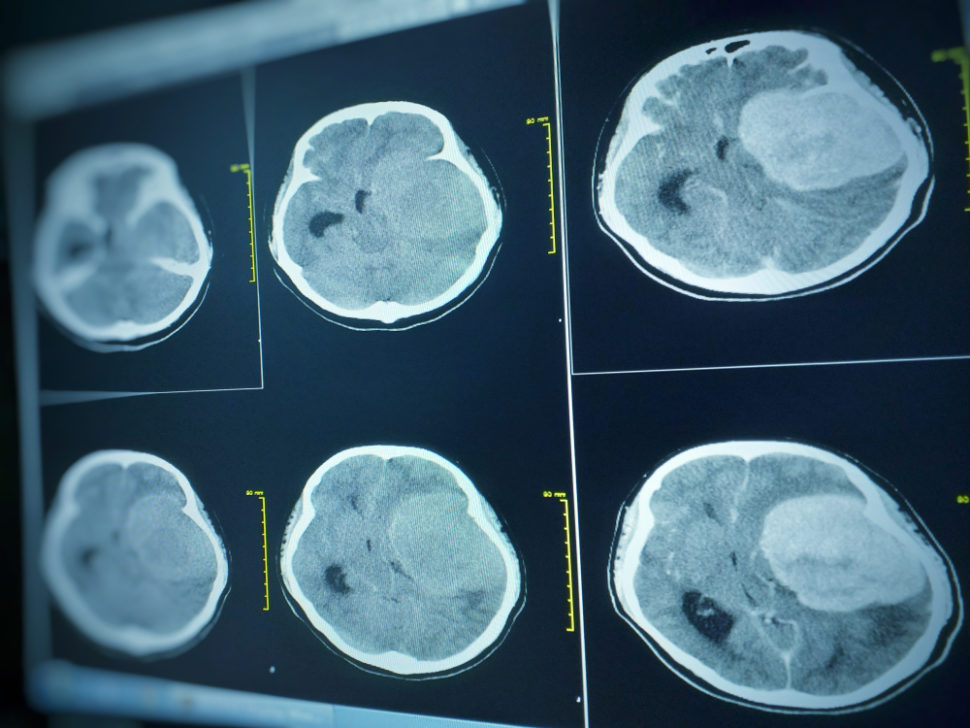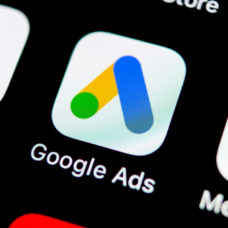An early and accurate cancer diagnosis is vital for treatment, especially for virulent types of cancer like mesothelioma. Pathologists are limited to the examination of scans which show possible tumors, a lengthy and complicated procedure given the huge amount of data they have to sift through.
As automation grows, it is natural to worry about human job security. Yet, automation can also help us improve our quality of life, and this new discovery is a prime example of that.
The Human Eye and Cancer Detection
One patient’s file contains many slides of tissue samples, each more than 10 gigapixels in size, which means professionals sometimes need to review thousands of images, pixel by pixel.
With this level of detail, reviewing the slides requires extreme precision and a trained eye to detect abnormalities and the occurrence of metastases. A time-sensitive and error-prone job, even an experienced professional may make errors. This leads to diagnostic variability and impacts the accuracy of human professionals in detecting cancer, estimated at about 73.2%. Even then, doctors agree on the same diagnosis in only half of cases.
Google’s AI: From Autonomous Cars to Cancer Detection
Via its GoogLeNet projects, Google has been working on developing a sophisticated image recognition system with the intention to integrate it into its autonomous cars.
Alphabet, Google’s parent company, has taken this a step further in diversifying its activities to have a greater impact on human life. In a white paper, Detecting Cancer Metastases on Gigapixel Pathology Images, Google unveiled research using its deep learning AI for the diagnosis of cancer.
To test the system, Google’s experts used a data set of images courtesy of the Radboud University Medical Center. At first, the tumor probability heatmaps produced were not fully usable. Then, after customizing and training the model to examine the image at different magnifications, it exceeded the performance of human doctors. Google’s algorithm produced improved prediction heatmaps and its localization score reached 89%, higher than the average professional’s 73% and, needless to say, the AI completed its diagnosis at a much faster rate.
Google’s AI, or any system for that matter, is not intended to completely replace pathologists, but to complement their work.
AI will have a massive effect on healthcare in the coming years, and it’s inadvertent discoveries like this that will push our quality of life ever further.



















Comments (0)
Most Recent